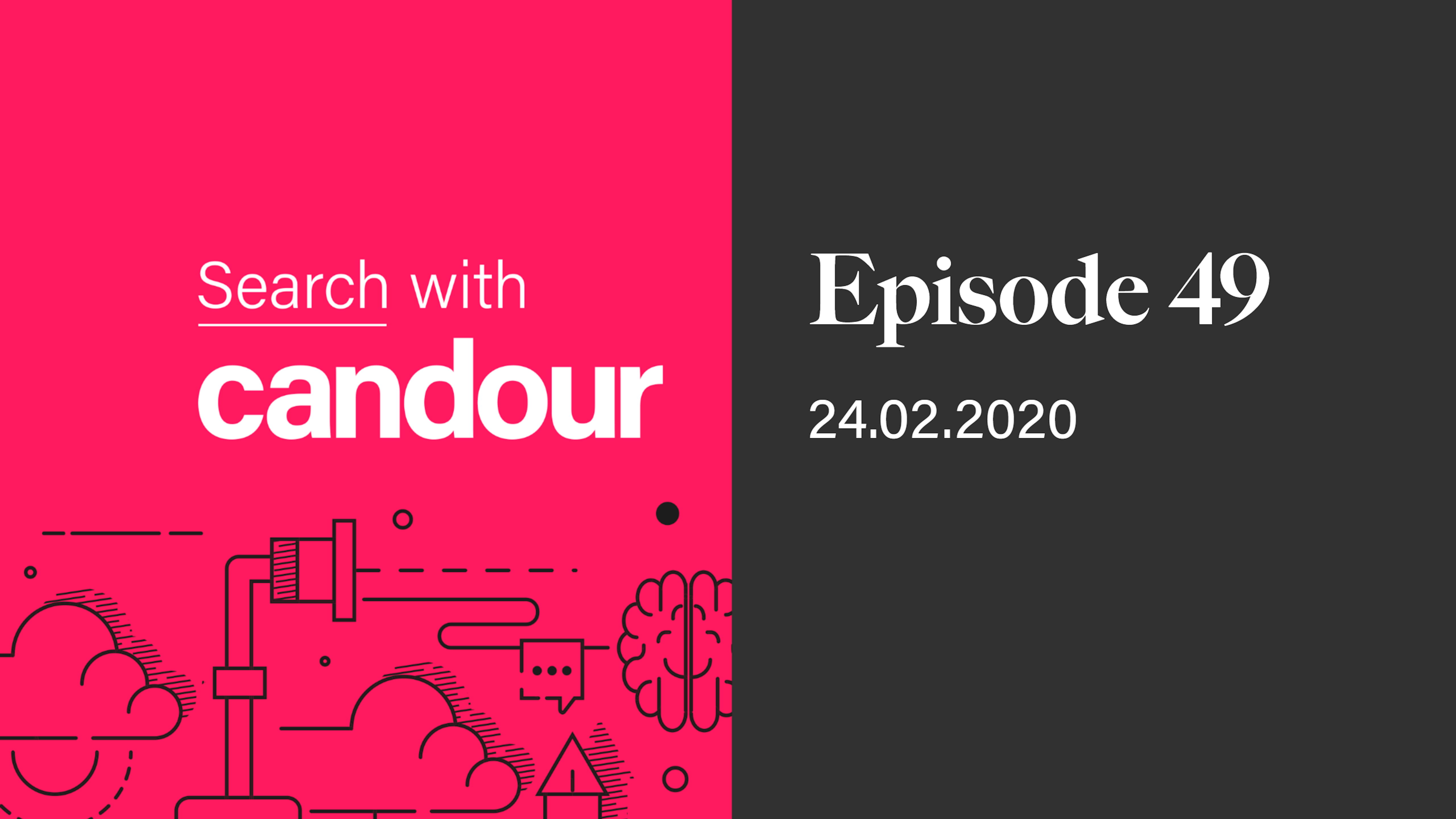24.02.2020
22 min listen
With Mark Williams-Cook
Season 1 Episode 49
Episode 49: The SEO gap in web development

In this episode, you will hear a SearchNorwich recording from Mark Williams-Cook giving his talk "Won't somebody think of the robots?". Mark shares his experiences of vital SEO tasks that are often missed during web builds, as they don't directly impact the end user.
Play this episode
01
What's in this episode?
In this episode you will hear a SearchNorwich recording of Aleyda Solis giving her talk "How to develop actionable and impactful SEO audits". Aleyda shares her vast experience of developing a process with SEO audits that can achieve real buy-in and deliver business change.
02
Links for this episode
Full video:
Slides:
03
Transcript
Coming soon!

